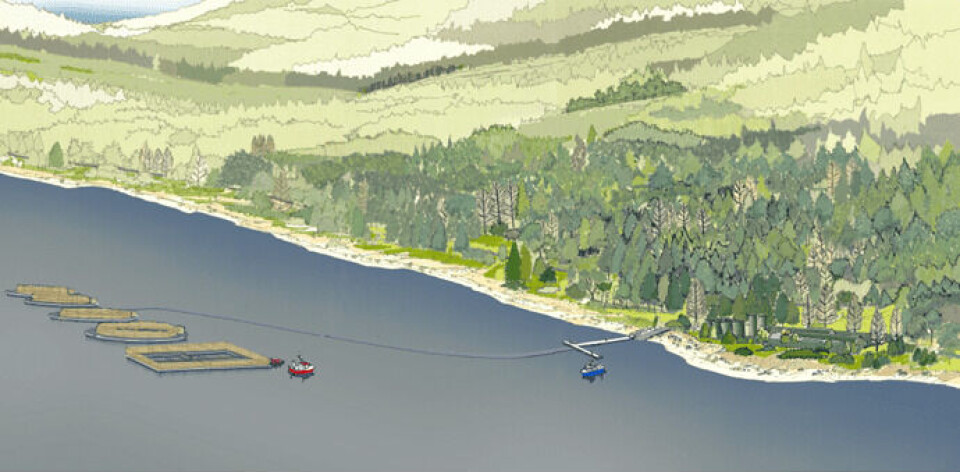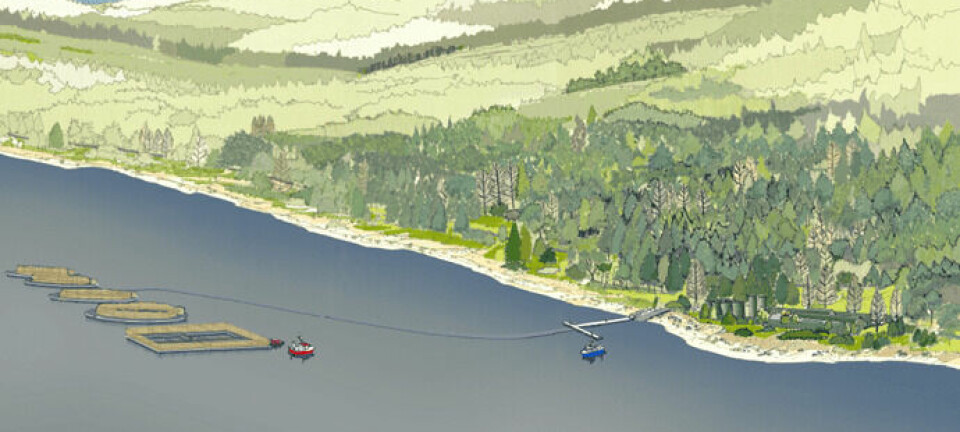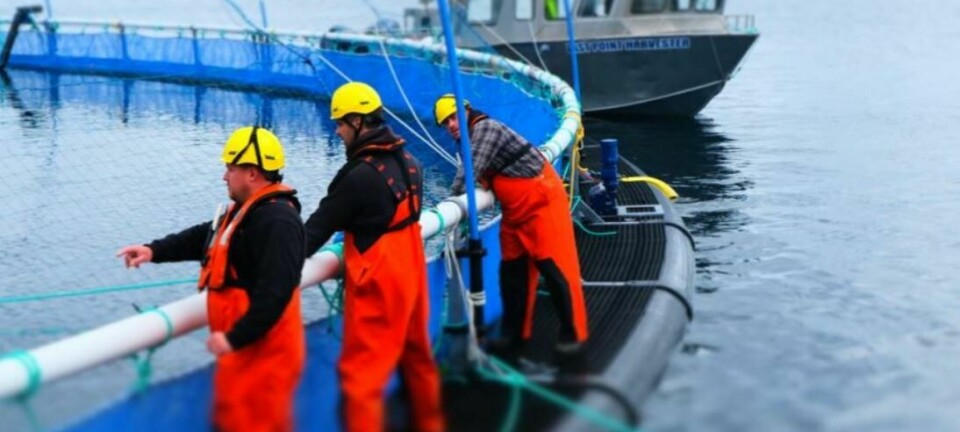
Scottish ministers give go-ahead to semi-closed salmon farm
Loch Long Salmon wins permission almost three years after refusal from National Park board
A plan for Scotland’s first semi-closed containment salmon farm has been given the go-ahead by Scottish Government ministers.
The fish farm at Beinn Reithe, Loch Long, will comprise five enclosures of 140 metre circumference, with a biomass limit of 3,452 tonnes. Four of the enclosures will be used for growing fish, and the fifth will be used to hold stock prior to harvesting.
Permission for the proposed farm near Arrochar was refused by the Loch Lomond and The Trossachs National Park’s board on November 1, 2022, on the recommendation of planning officers.
The developer, Loch Long Salmon, lodged an appeal that was considered by means of written representations, hearing sessions and site visits by a reporter, David Liddell, appointed by Scottish ministers.
Permission with conditions
Liddell presented ministers with a final report on February 15 last year, with a recommendation that the appeal be dismissed. However, ministers have chosen to allow the appeal, with conditions.
These include that work must start on the site within three years, and that the planning permission will have an initial time limit of either 20 years from the date of first stocking of fish, or 24 years from the start of development, whichever is earlier.
Ministers also stipulate that no development shall commence until a scheme of decommissioning and restoration of the application site has been submitted to and approved in writing by the planning authority, and that the maximum biomass of fish shall be increased in stages to the maximum allowable biomass of 3,452 tonnes.
Loch Long Salmon (LLS) must also provide electric vehicle charging infrastructure at the shore base car park area prior to commencement of operations.
Less waste
The Beinn Reithe site is not suitable for standard net-pen farming because of relatively low water exchange. But the Scottish Environment Protection Agency (SEPA) has given a licence because of Loch Long Salmon’s proposed farming method, which uses impermeable enclosures and traps up to 85% of faeces and uneaten feed.
Sludge from the enclosures will be pumped ashore where solids and water will be separated before the clean water is pumped back into the loch.
LLS says the impermable enclosures will also keep out salmon lice.

Positions Scotland well
Mark Shotter, project director at Loch Long Salmon, said: “After years of planning and engagement with communities and stakeholders, we are tremendously pleased to have the backing of the Scottish Government to deliver our first project at Loch Long. Representing £40 million of investment, the project brings with it a wealth of community benefit through job creation and dedicated community funds, strengthening both the national and local economies.
“Achieving a positive determination underlines the Scottish Government’s prioritisation of investment within rural communities and positions Scotland as a forward-thinking and innovative country, adoptive of new technologies that will enhance the aquaculture sector’s international competitiveness and send a positive signal to investors.”
Jobs and funding
LLS said the project will directly benefit the communities around Arrochar through the creation of 12 full-time jobs once the site is in operation. LLS will also establish a dedicated community benefit fund, contributing £100,000 of funding every year for a minimum of 20 years. Community representatives will decide how to use these funds to best enhance the local area.
Ronnie Ross, chair of the Arrochar, Tarbet and Ardlui Community Council, said: “I very much welcome the news that Loch Long Salmon can now progress with the delivery of their innovative project that will inject significant investment into the local community.
“The dedicated community fund will go a long way towards future-proofing many local organisations and events, which underlines Loch Long Salmon’s commitment to delivering positive impact within the region. I am also encouraged at the number of jobs that will be created as given our rural location, this is vital in a bid to retain a skilled workforce within the region.”
'Ignores experts'
AFFtheClyde, a group opposed to salmon farming, claimed that the decision by Scottish Government ministers "ignores the views of planning professionals, environmental experts, the independent planning Reporter and the Loch Long communities affected by this untrialled technology".
However, when the farm was first proposed, NatureScot said it “could be progressed with mitigation”, and the project received support from Forestry & Land Scotland. SEPA said it had “no objections to the proposed development and no consentability concerns”.
























































